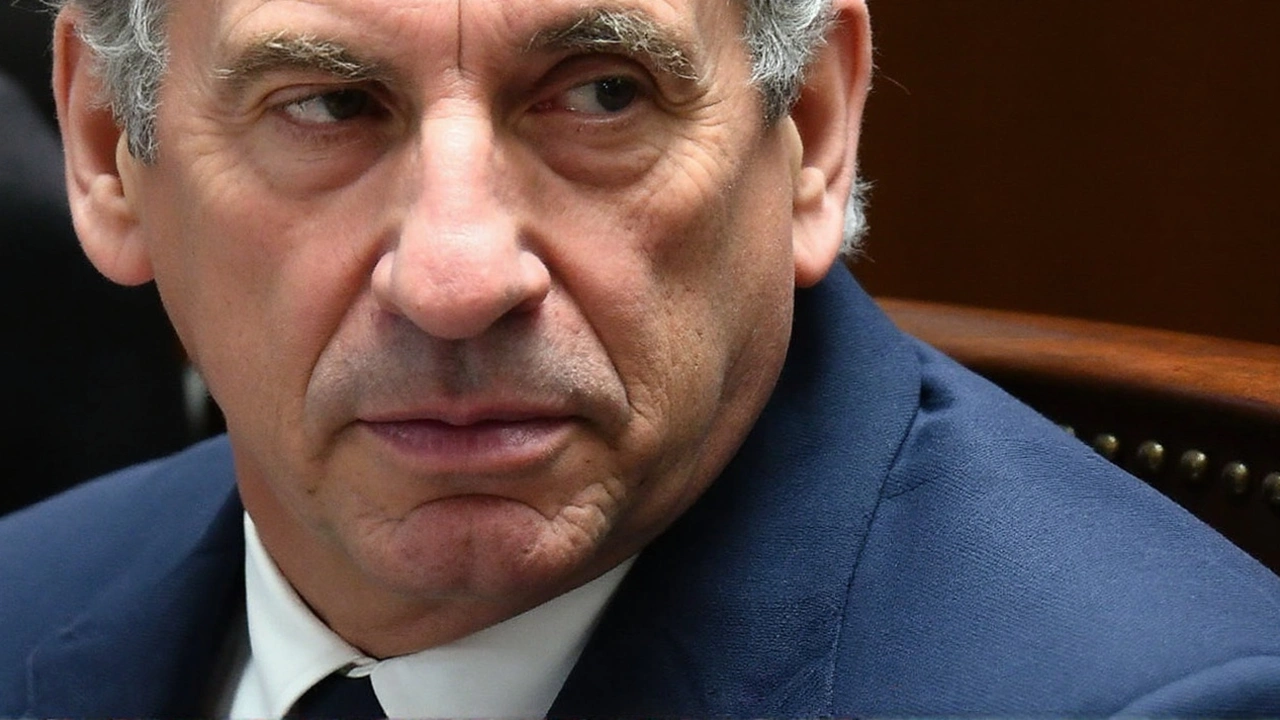Emmanuel Macron – French President, EU Leader and Global Influencer
When talking about Emmanuel Macron, the current President of France who entered office in 2017 and is known for his centrist reforms, strong EU stance, and active role in global affairs. Also known as President Macron, he blends a background in finance with a modern political style. His leadership affects France, a nation that champions culture, innovation and a powerful voice in Europe. At the same time, his policies shape the European Union, an economic and political union of 27 countries that relies on consensus and shared goals. Together, these three entities form a core triangle: Emmanuel Macron influences French policy, France drives EU direction, and the EU frames international diplomacy.
Why Macron matters beyond the headlines
Macron’s agenda is not limited to budget tweaks; he pushes for labor market flexibility, digital transformation, and climate commitments. This means the French Presidency requires balancing domestic reforms with international expectations. By championing the Green Deal, he links France’s environmental targets to the broader EU climate strategy, creating a direct semantic triple: French Presidency requires climate action, climate action influences European Union goals. His push for a digital tax also shows how national fiscal tools affect global trade negotiations, a clear example of how French policy impacts international diplomacy.
Sports are another unexpected arena where Macron leaves a mark. He has used events like the 2023 Rugby World Cup and upcoming 2024 Olympic bids to showcase French hospitality and foster diplomatic ties. These sporting moments become platforms for soft power, connecting the entity of international diplomacy with national branding. In practice, a successful tournament can boost tourism, attract investment, and reinforce France’s standing in the EU, illustrating the triple: International diplomacy leverages sports, sports amplify French branding, French branding strengthens EU influence.
Understanding Macron’s role also involves looking at his approach to security and defense. He backs a stronger European defence capability, pushing for joint procurement and shared research. This ties the European Union directly to French defence initiatives, forming a link: European Union benefits from French defence leadership, French defence policy shapes EU security strategy. The resulting synergy affects NATO relations, trade agreements, and even cultural exchanges, showing how each entity interlocks with the others.
On the economic front, Macron’s reforms aim to reduce unemployment and attract foreign direct investment. By simplifying labor laws and offering tax incentives to tech firms, he creates a business-friendly environment that feeds into the EU’s single market. This demonstrates a clear predicate: French economic policy enhances European market competitiveness. The ripple effect reaches multinational corporations, startups, and even university research programs, all of which rely on stable regulatory frameworks.
Critics argue that Macron’s centrist stance sometimes overlooks grassroots concerns. Protests over pension reforms and climate policies reveal tension between top‑down governance and public sentiment. This tension forms another triple: French Presidency faces public protest, public protest influences policy adjustments, policy adjustments affect EU negotiations. By acknowledging these dynamics, readers can see the full picture of how Macron navigates complex political terrain.
The collection of articles below dives deeper into each of these themes—policy reforms, EU leadership, diplomatic outreach, and the surprising role of sports in geopolitics. Whether you’re curious about Macron’s climate agenda, his vision for a stronger Europe, or how French politics shapes global trends, you’ll find concise, practical insights that build on the foundations laid out here.
France political crisis deepens as Bayrou loses confidence vote, fifth PM to fall in two years
François Bayrou lost a confidence vote after nine months as Prime Minister, making him the fifth French leader to fall in two years under President Emmanuel Macron. Bayrou tied his survival to €44 billion in 2026 budget cuts amid soaring debt and deficits. Macron will name a new Prime Minister within days. The turmoil clouds France’s fiscal plans and could ripple across the EU.


